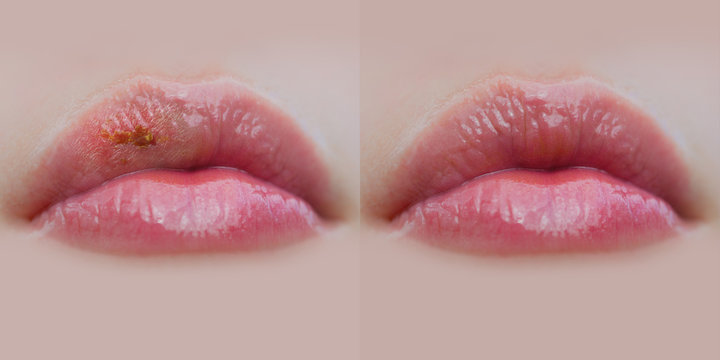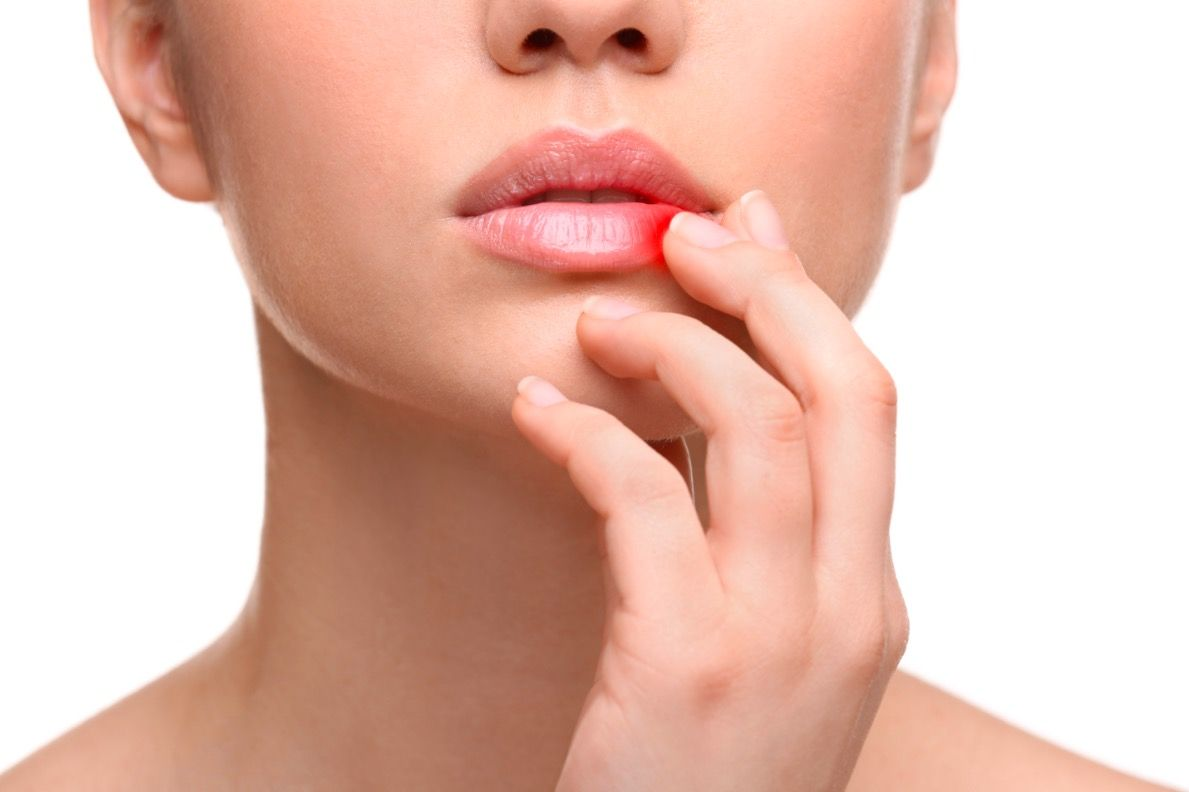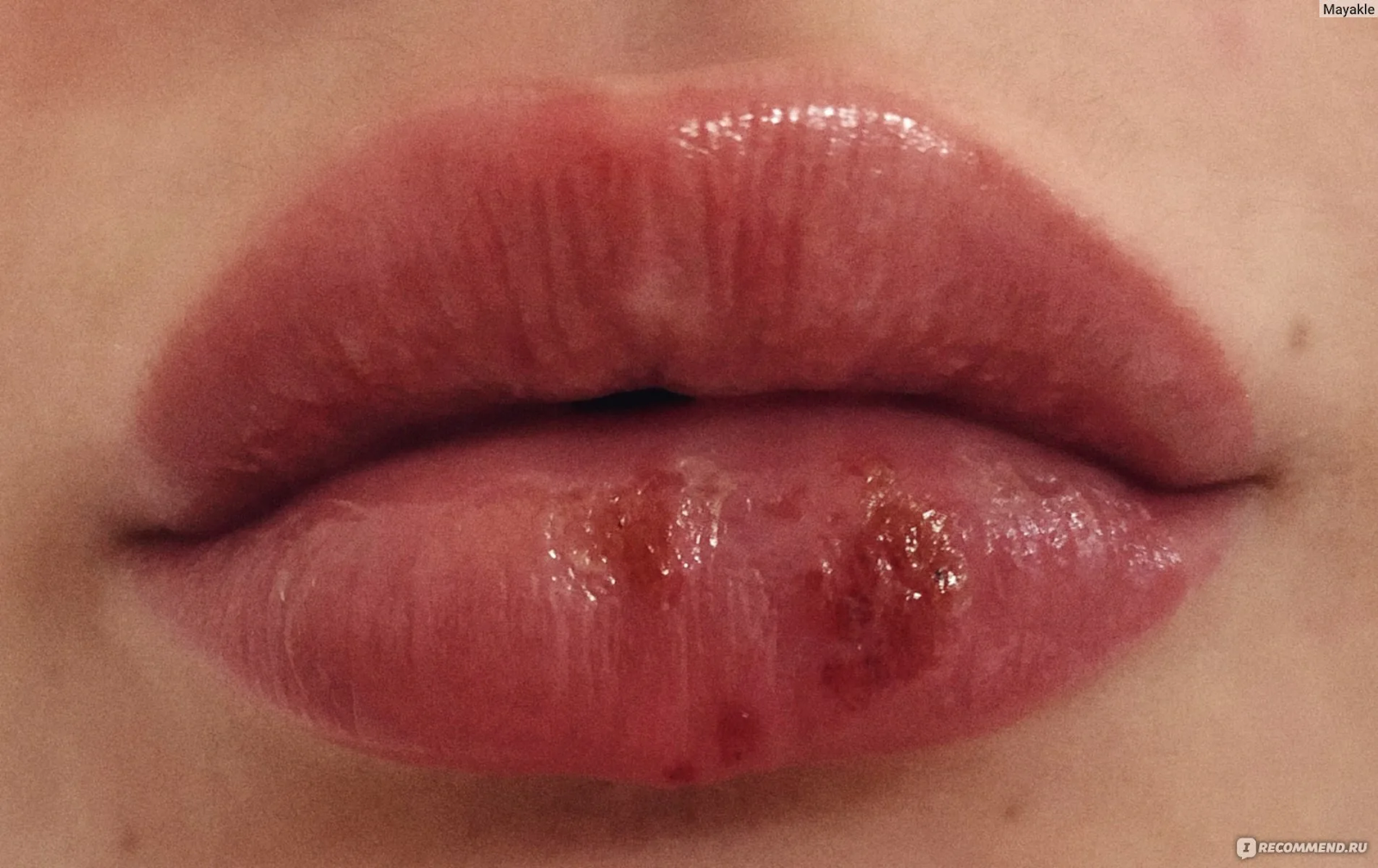Lip tattoos have grown in popularity for those wanting to express themselves through their appearance in unique
ways. However, the process can sometimes trigger an unexpected and unwelcome companion: a cold sore. If you recently
adorned your lips with a tattoo and are now facing the discomfort of a cold sore, this article will provide guidance
on how to treat it effectively. Cold sores can not only be painful but also affect the healing and appearance of
your new tattoo, making immediate and proper care an absolute necessity.
Understanding Cold Sores and Their Connection to Lip Tattoos

Cold sores, also known as fever blisters, are caused by the herpes simplex virus (HSV-1). This virus remains dormant
in the body until triggered by factors such as stress, illness, or, in this case, the skin trauma caused by a lip
tattoo. The intimate connection between the injury of tattooing and the subsequent immune system response can
sometimes result in a cold sore outbreak. People with a history of HSV-1 are at higher risk of developing cold sores
after getting a lip tattoo, which is why pre-tattoo discussions about your medical history with your artist are
crucial.
Preventative Measures Before Getting a Lip Tattoo

Before stepping into the tattoo parlor, preemptive actions can help stave off cold sores. Speak with your tattoo
artist about any concerns and ensure that they understand your complete medical history, especially if you have
experienced cold sores in the past. Since prevention is better than cure, consider consulting with your healthcare
provider about the possibility of antiviral medications or supplements that might reduce the risk of an outbreak
post-tattoo.
Immediate Actions To Take After Noticing a Cold Sore
At the first sign of a cold sore – usually a tingling or itching sensation – it’s imperative to act quickly. Early
treatment can reduce the sore’s duration and severity. Apply ice to the affected area to ease discomfort and begin
using an over-the-counter antiviral cream specifically designed for cold sores. Keep the area clean and avoid
touching the sore to prevent spreading the virus. Above all, do not pick at the cold sore, as this can cause
additional infection and potentially interfere with the ink retention in your new tattoo.
Topical Treatments and Home Remedies for Cold Sore Relief
Several topical treatments are available that can aid in the healing of a cold sore. Over-the-counter patches or
creams containing docosanol can expedite healing when applied properly, following the instructions on the packaging.
Additionally, home remedies might provide comfort and healing support. Below is a list of suggestions that could be
helpful:
- Applying aloe vera gel for its cooling and soothing properties
- Using tea tree oil as an antiseptic (diluted with a carrier oil)
When to Seek Medical Attention
If your cold sore is exceptionally painful, shows signs of infection, or if the symptoms persist without
improvement, it is crucial to seek advice from a healthcare practitioner. A doctor may prescribe a stronger
antiviral medication to help manage the outbreak. Be upfront about having a new lip tattoo, as this may affect the
treatment approach. Medical attention is important not only for your personal health but also for ensuring that your
tattoo heals correctly without lasting damage.
Long-term Care for Your Lip Tattoo
Taking care of your lip tattoo over the long term is essential to preserving the vibrancy and clarity of the design.
Ensure you follow a daily routine that supports lip health and mitigates the chances of triggering future cold sore
outbreaks. Below is a table of dos and don’ts that can serve as a quick guide to proper lip tattoo aftercare.
| Do’s | Don’ts |
|---|---|
| Keep the tattooed area clean and dry | Expose the tattoo to direct sunlight without protection |
| Use a gentle, fragrance-free moisturizer | Soak the tattoo in water (such as baths or swimming pools) |
| Protect the tattoo with a high SPF lip balm when outdoors | Pick at scabs or peeling skin |
Conclusion
In conclusion, while cold sores can be an uncomfortable side effect of getting a lip tattoo, they can be managed
effectively with proactive and reactive care. By understanding the triggers, taking preventative measures, and
acting swiftly upon the initial symptoms, you can minimize discomfort and protect your new body art. Remember to
keep in close contact with your healthcare provider and tattoo artist to ensure a safe and beautiful result.
FAQs About Cold Sores and Lip Tattoos
- Q1: How long should I wait to get a lip tattoo if I’ve recently had a cold sore?
- A1: It is recommended to wait until the cold sore has completely healed and you have not had any outbreaks for
several weeks before getting a lip tattoo. Consult with a healthcare professional for personalized advice. - Q2: Can using antiviral medication before a lip tattoo prevent cold sores?
- A2: Antiviral medication can help reduce the risk of a cold sore outbreak, especially if you have had them in
the past. It’s vital to discuss this option with your doctor before getting a lip tattoo. - Q3: Are there any specific brands of topical treatments that are best for cold sores after a lip tattoo?
- A3: While there are several reputable brands that make over-the-counter cold sore treatments, the best one for
you may depend on personal preference and skin sensitivity. Look for products containing ingredients like
docosanol or benzyl alcohol, and consult with a pharmacist or healthcare provider if in doubt. - Q4: How can I protect my lip tattoo while treating a cold sore?
- A4: Be gentle when applying any creams or treatments and avoid covering the tattoo with bandages or compresses
that can cause irritation. Keep the area clean and follow your tattoo artist’s aftercare instructions
meticulously. - Q5: Will a cold sore affect the appearance of my lip tattoo?
- A5: A cold sore can potentially disrupt the healing process of your lip tattoo and affect its appearance. Prompt
treatment and proper care are essential for minimizing any impact. If your tattoo’s appearance is affected,
consult with your tattoo artist about potential touch-ups after the area is fully healed.
